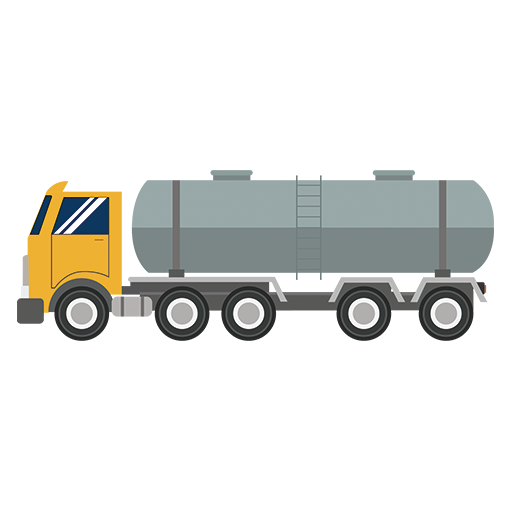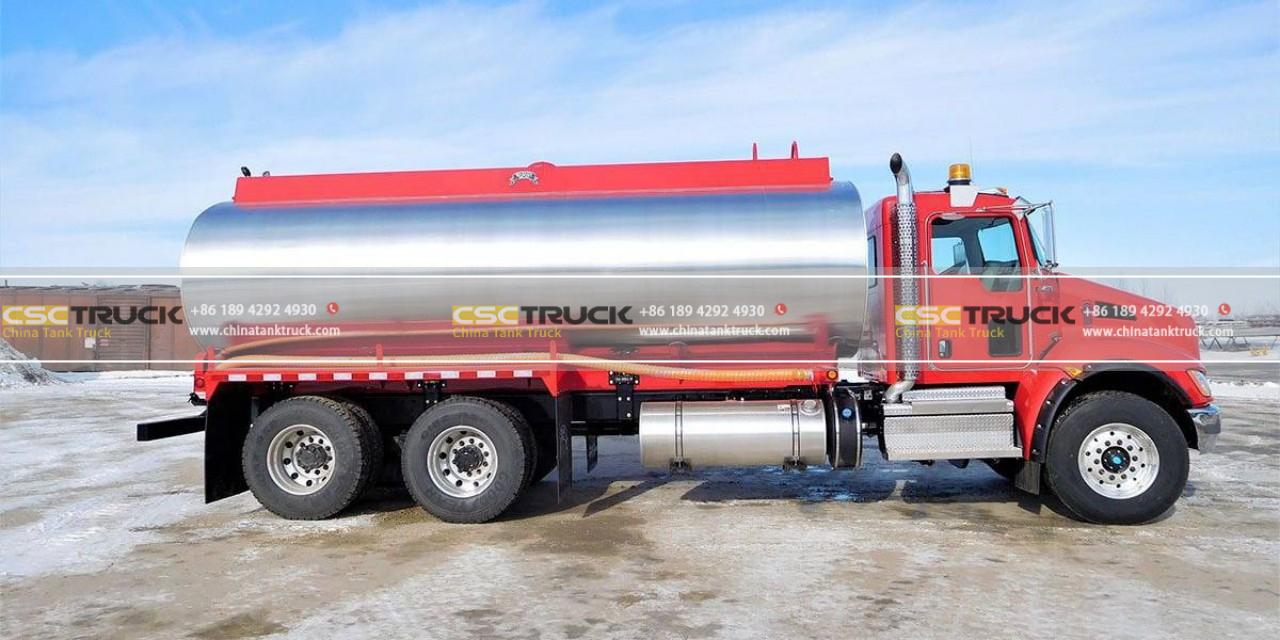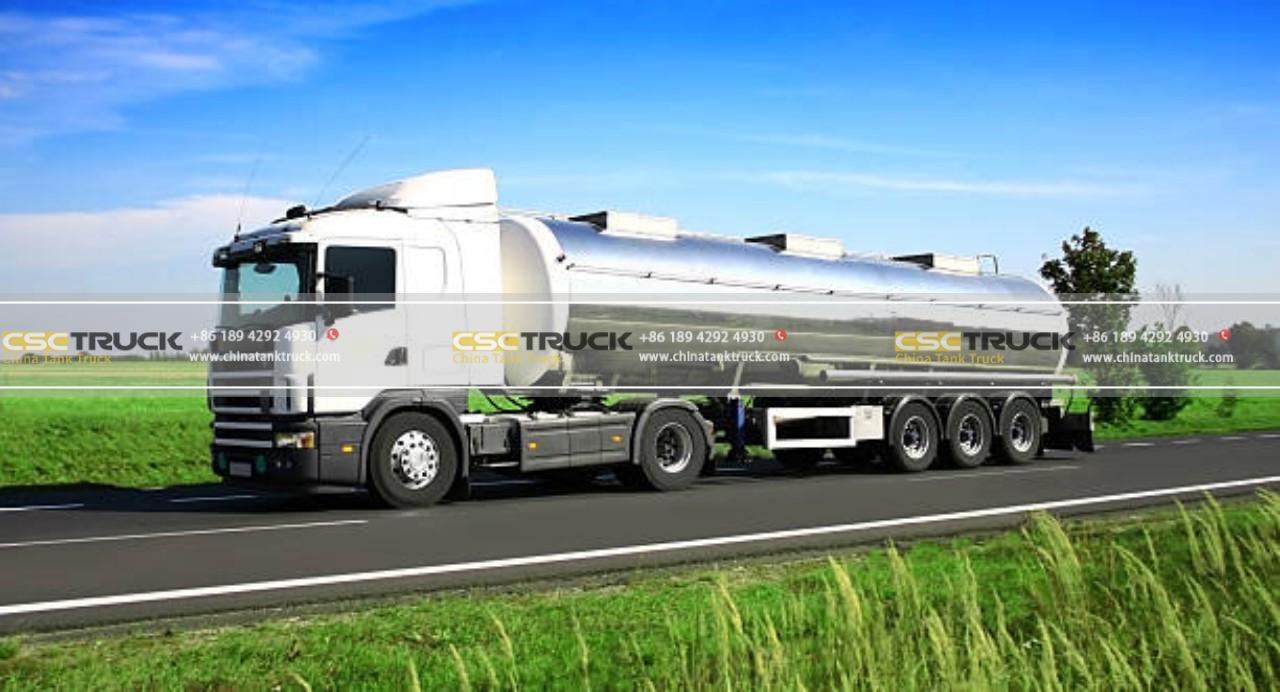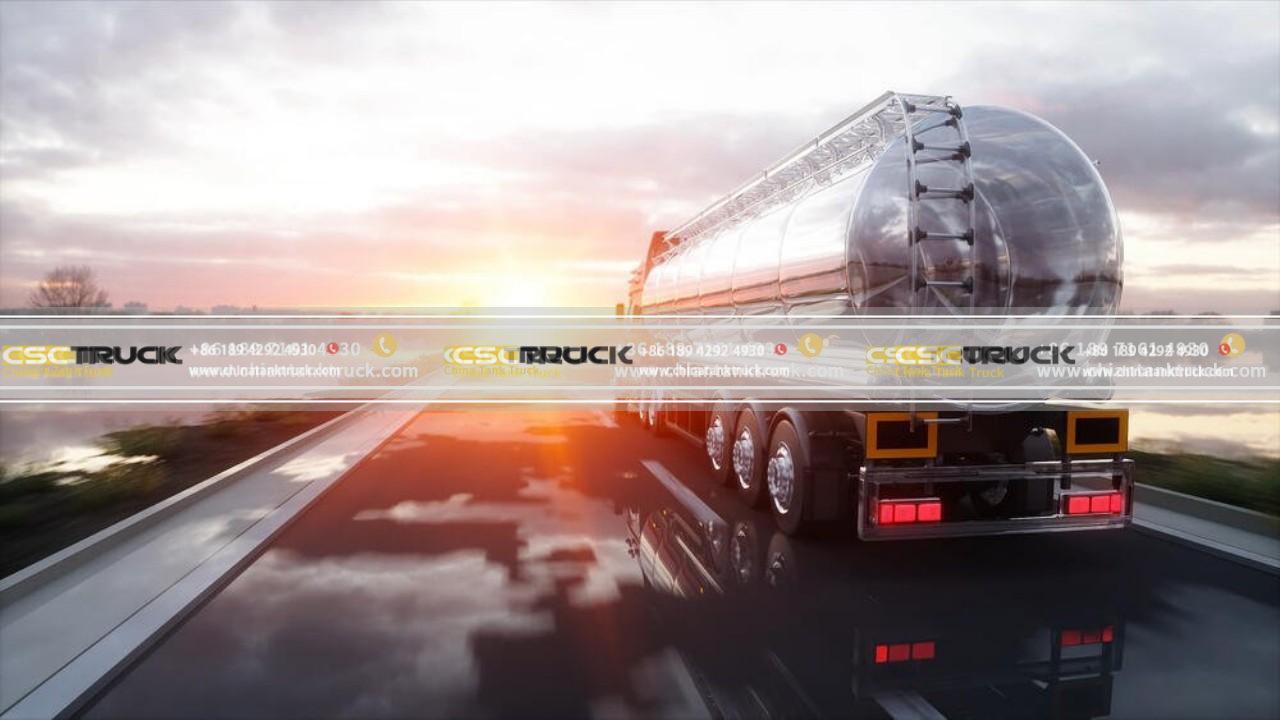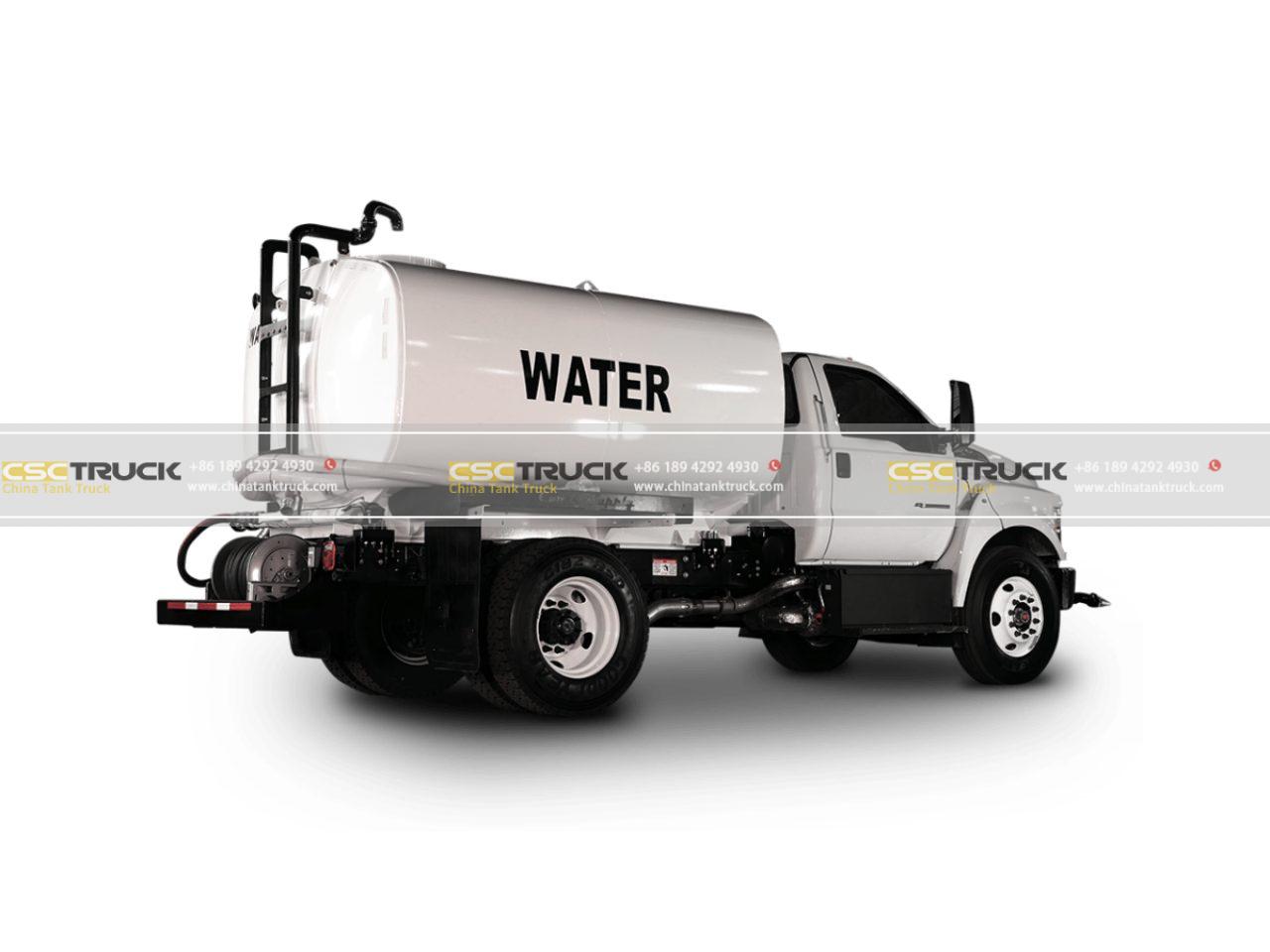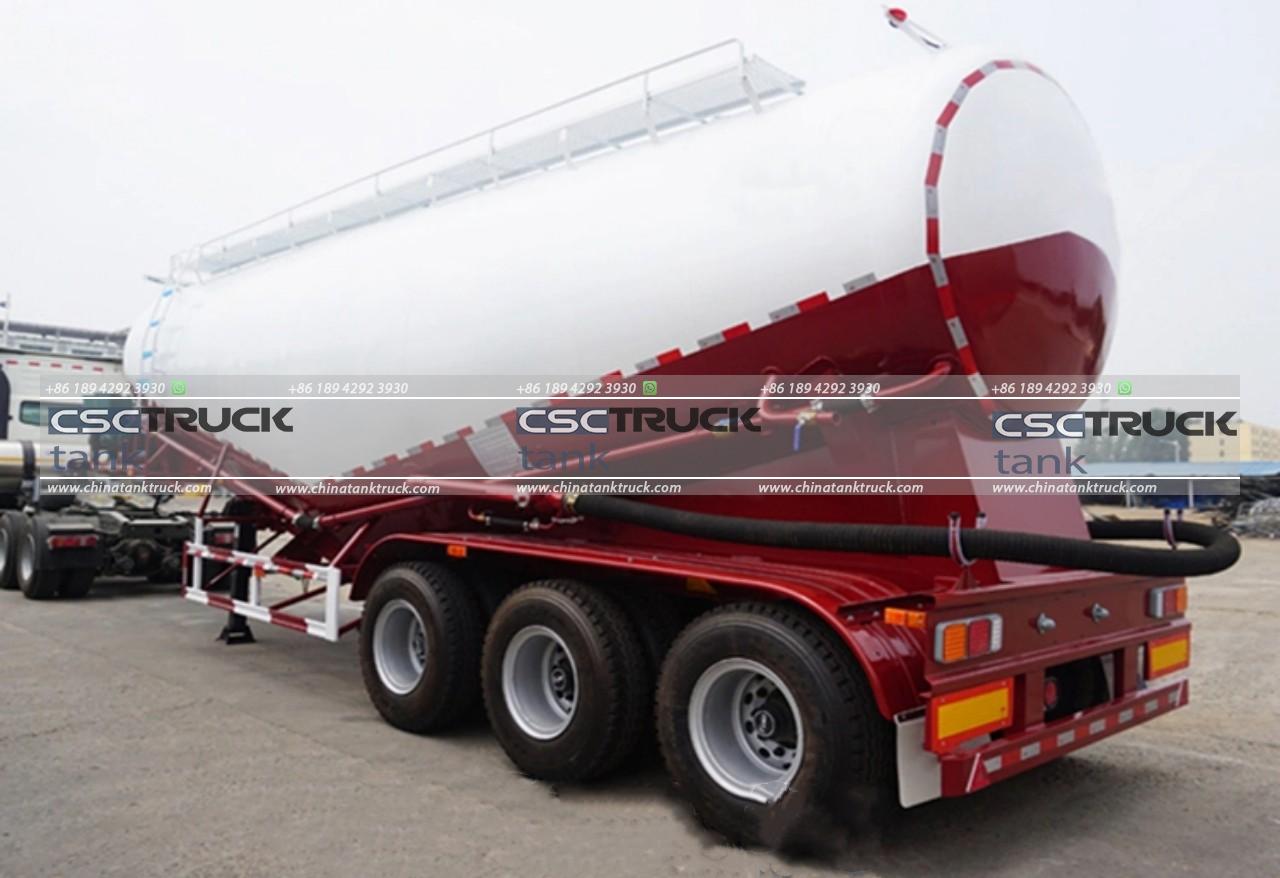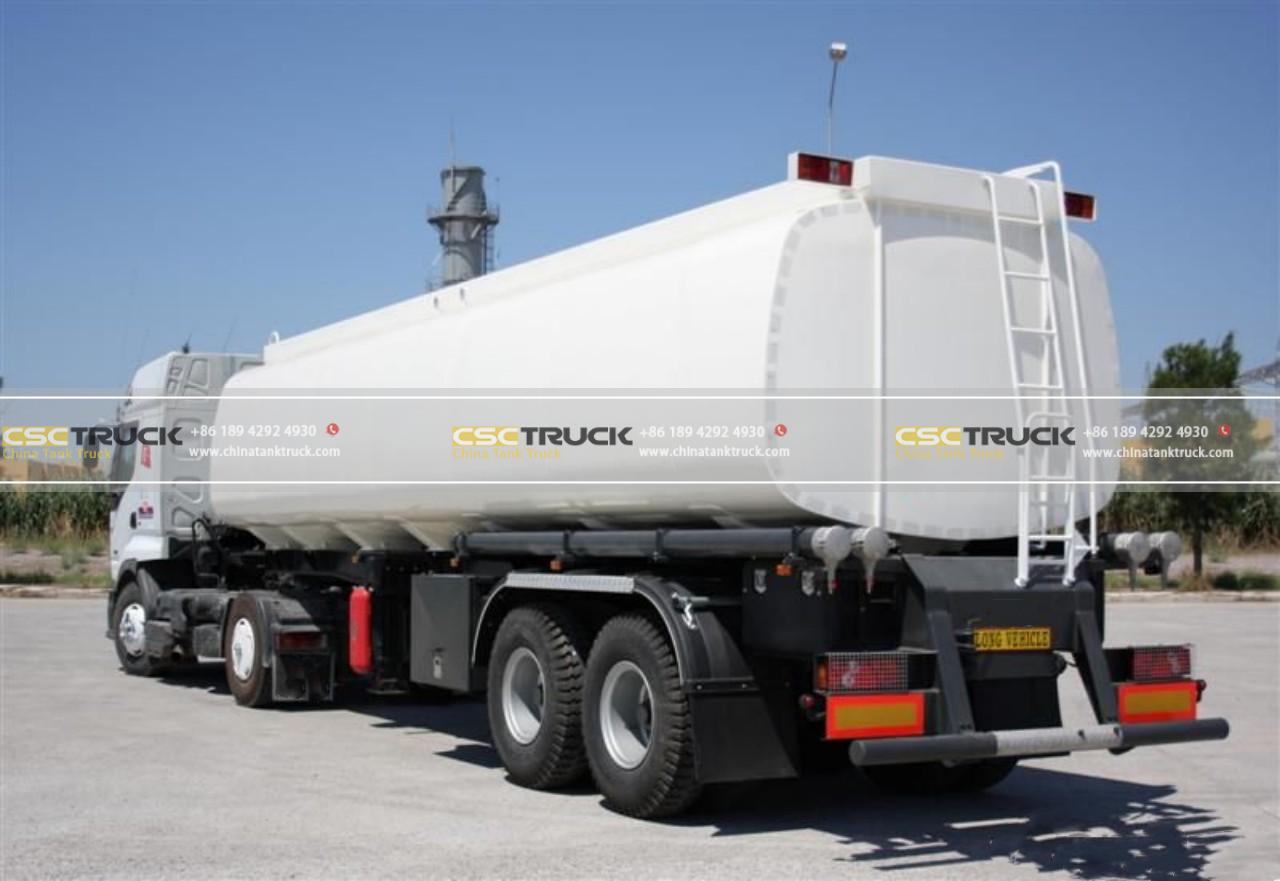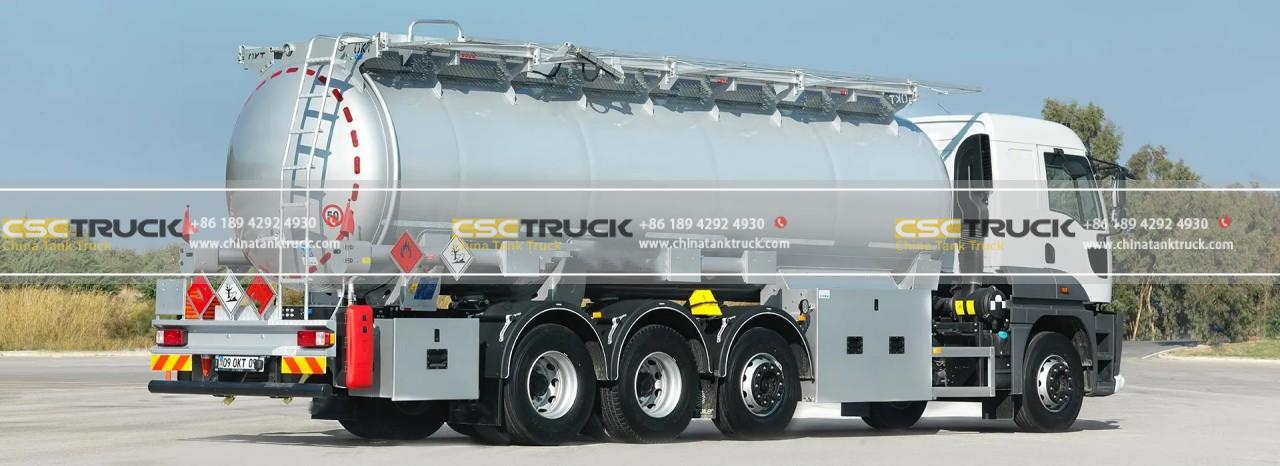Water tank trucks play a crucial role in various industries and applications where the transportation and distribution of water are essential. These versatile vehicles are designed to carry large volumes of water to different locations efficiently. They come in different types, each tailored to specific uses and requirements. In this article, we will explore the various types of water tank trucks and their uses.
- Potable Water Tank Trucks: Potable water tank trucks are designed to transport drinking water safely and efficiently. They are constructed using food-grade materials and undergo stringent sanitization processes to ensure the water remains clean and uncontaminated. These trucks are commonly used in situations where a temporary or emergency water supply is required, such as during natural disasters or in remote locations without access to clean water sources. Potable water tank trucks are equipped with specialized filtration systems to maintain water quality during transportation.
- Dust Control Water Tank Trucks: Dust control water tank trucks, also known as water sprayers or water bowsers, are primarily used to control dust and suppress airborne particles in construction sites, mines, and roadways. They are equipped with high-pressure water cannons or spray nozzles that can release a fine mist of water to settle the dust. These trucks are essential in maintaining air quality and reducing health hazards for workers and nearby communities. The water tanks in these trucks have large capacities to ensure prolonged operation without frequent refills.
- Firefighting Water Tank Trucks: Firefighting water tank trucks, commonly known as fire tenders or fire engines, are equipped with specialized firefighting equipment and large water tanks. They are crucial in responding to fires in areas with limited access to water infrastructure or in rural and remote regions. These trucks are designed to transport and distribute water quickly to combat fires effectively. Firefighting water tank trucks often include features such as hoses, pumps, and foam systems to enhance firefighting capabilities.
- Irrigation Water Tank Trucks: Irrigation water tank trucks are utilized in agriculture and landscaping for irrigation purposes. They are equipped with water tanks and sprinkler systems to distribute water to crops, gardens, and green spaces. These trucks can navigate difficult terrain and provide water to areas without a fixed irrigation infrastructure. Irrigation water tank trucks are especially useful in arid regions or during drought conditions, where water conservation and efficient distribution are crucial.
- Sewage and Waste Water Tank Trucks: Sewage and waste water tank trucks, also known as vacuum tankers or honey wagons, are specifically designed for the collection, transportation, and disposal of sewage and wastewater. They are equipped with large tanks and vacuum systems to suck up the waste material and transport it to treatment facilities or disposal sites. These trucks play a vital role in maintaining public health and hygiene by ensuring the proper management of sewage and wastewater.
- Chemical and Hazardous Material Tank Trucks: Chemical and hazardous material tank trucks are specialized vehicles designed to transport and distribute various chemicals, including corrosive substances, flammable liquids, and toxic materials. These trucks have reinforced tanks made of resistant materials to withstand the specific properties of the chemicals being transported. They are equipped with safety features such as spill containment systems, ventilation, and monitoring devices to ensure safe transportation and prevent environmental contamination.
- Mobile Water Treatment Units: Mobile water treatment units are self-contained water purification systems mounted on trucks. These units are designed to treat and purify water from different sources, making it safe for drinking, irrigation, or industrial use. They often include filtration, disinfection, and chemical treatment processes to remove contaminants and ensure water quality. Mobile water treatment units are commonly used in emergencies, remote locations, or areas with limited access to clean water.
In conclusion, water tank trucks play a crucial role in various industries and applications. From transporting drinking water to controlling dust, fighting fires, irrigating crops, managing sewage, transporting chemicals, and purifying water, these specialized vehicles serve diverse purposes. Each type of water tank truck is designed with specific features and equipment to meet the unique requirements of its intended use.
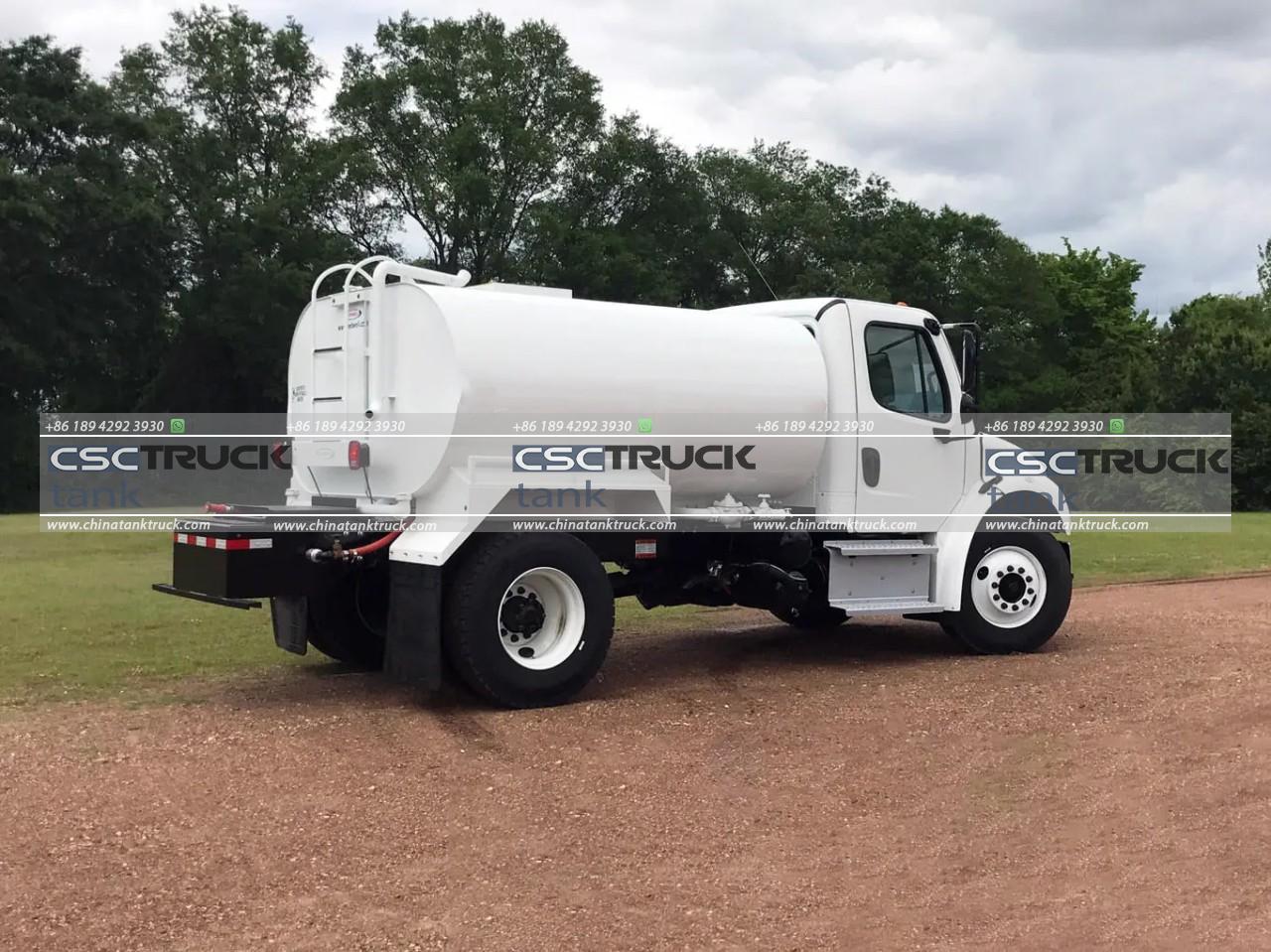
These trucks are not only efficient in transporting and distributing water but also contribute to environmental sustainability. They help conserve water resources by optimizing water usage and minimizing wastage. Additionally, they aid in maintaining public health and safety by ensuring access to clean drinking water, controlling dust pollution, and managing sewage and wastewater effectively.
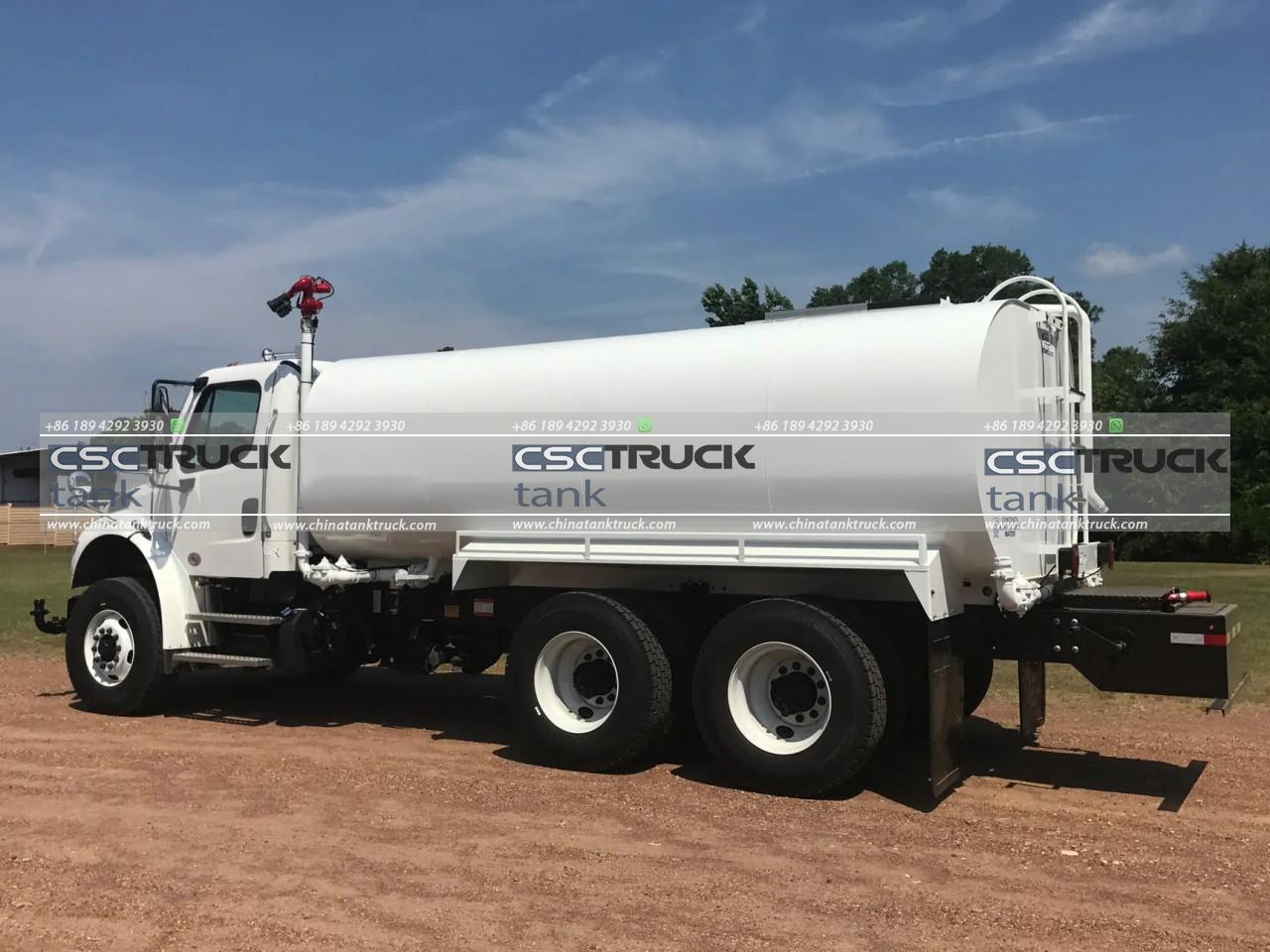
The versatility of water tank trucks is further enhanced by technological advancements. Many modern water tank trucks are equipped with advanced monitoring systems, automated controls, and GPS tracking, allowing for efficient management and optimization of water transportation operations. These technological features enable real-time monitoring of water levels, flow rates, and quality, ensuring optimal performance and resource utilization.
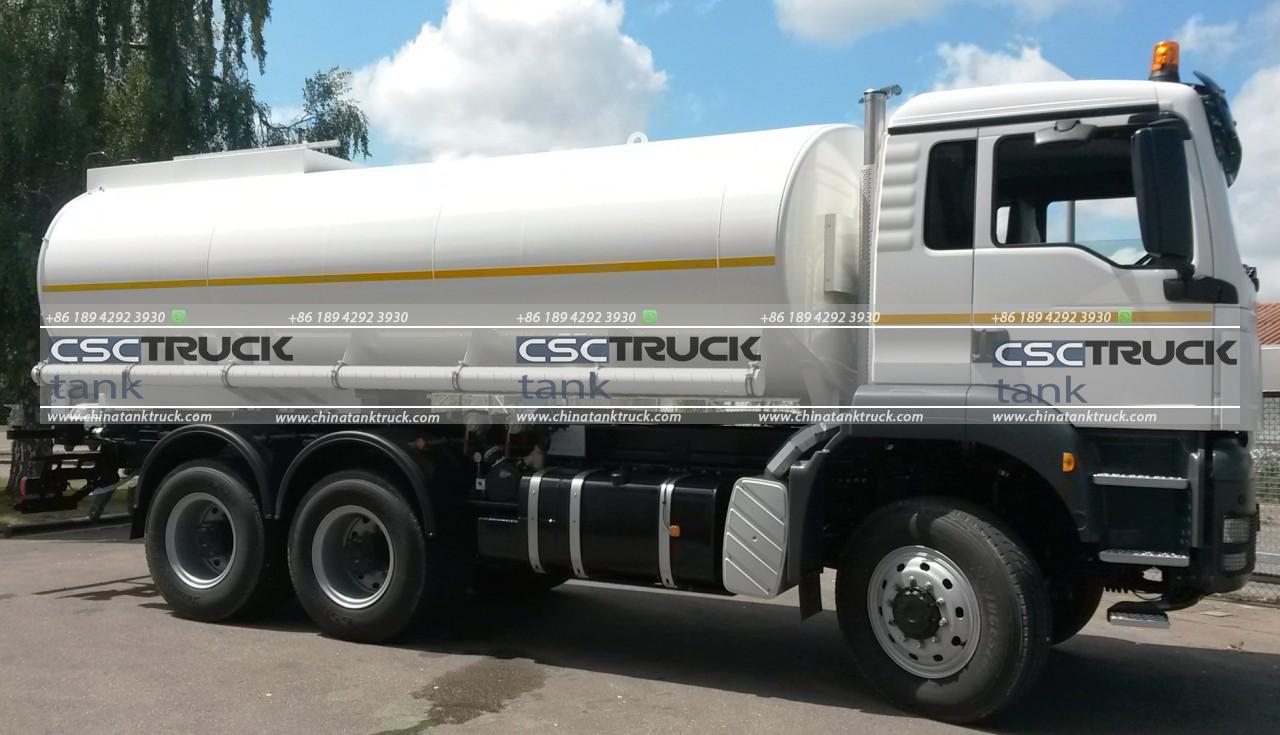
Moreover, manufacturers are continuously working towards improving the design and functionality of water tank trucks. Lightweight materials and aerodynamic designs are being employed to enhance fuel efficiency and reduce carbon emissions. Innovations in filtration systems and treatment technologies contribute to improved water quality and safety during transportation.
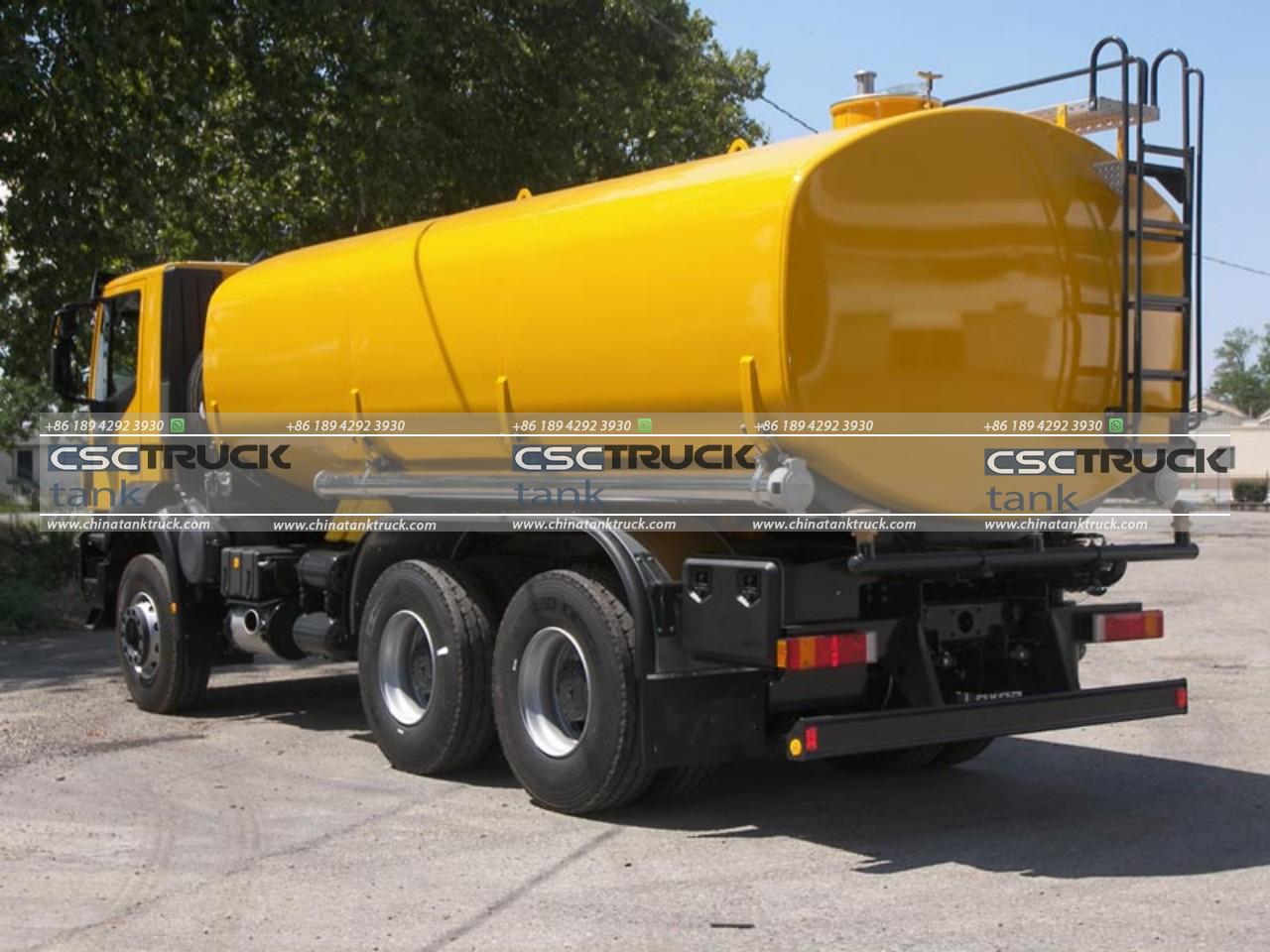
When considering the selection of a water tank truck, it is essential to assess specific requirements and operational needs. Factors such as tank capacity, pumping capacity, spray systems, filtration systems, and safety features should be considered. Additionally, compliance with local regulations and standards is crucial, especially when transporting hazardous materials or potable water.
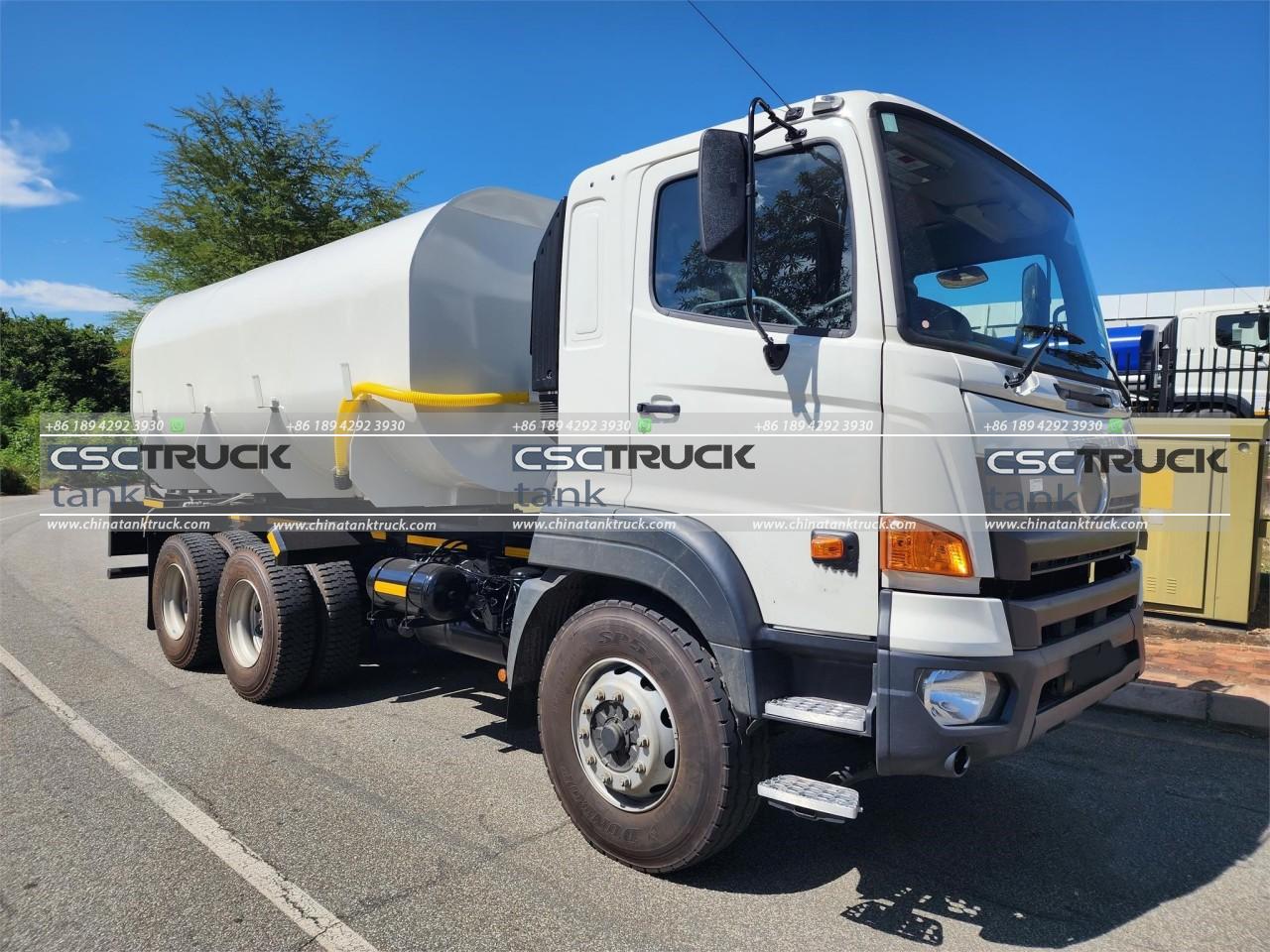
In conclusion, the different types of water tank trucks serve vital roles in a wide range of industries and applications. From potable water transportation to dust control, firefighting, irrigation, sewage management, chemical transport, and water treatment, these vehicles provide invaluable services. The continuous advancements in technology and design ensure greater efficiency, sustainability, and safety in water transportation and distribution. As the need for water resources continues to grow, water tank trucks will remain an indispensable asset in meeting these demands and ensuring the availability of clean water for various purposes.

